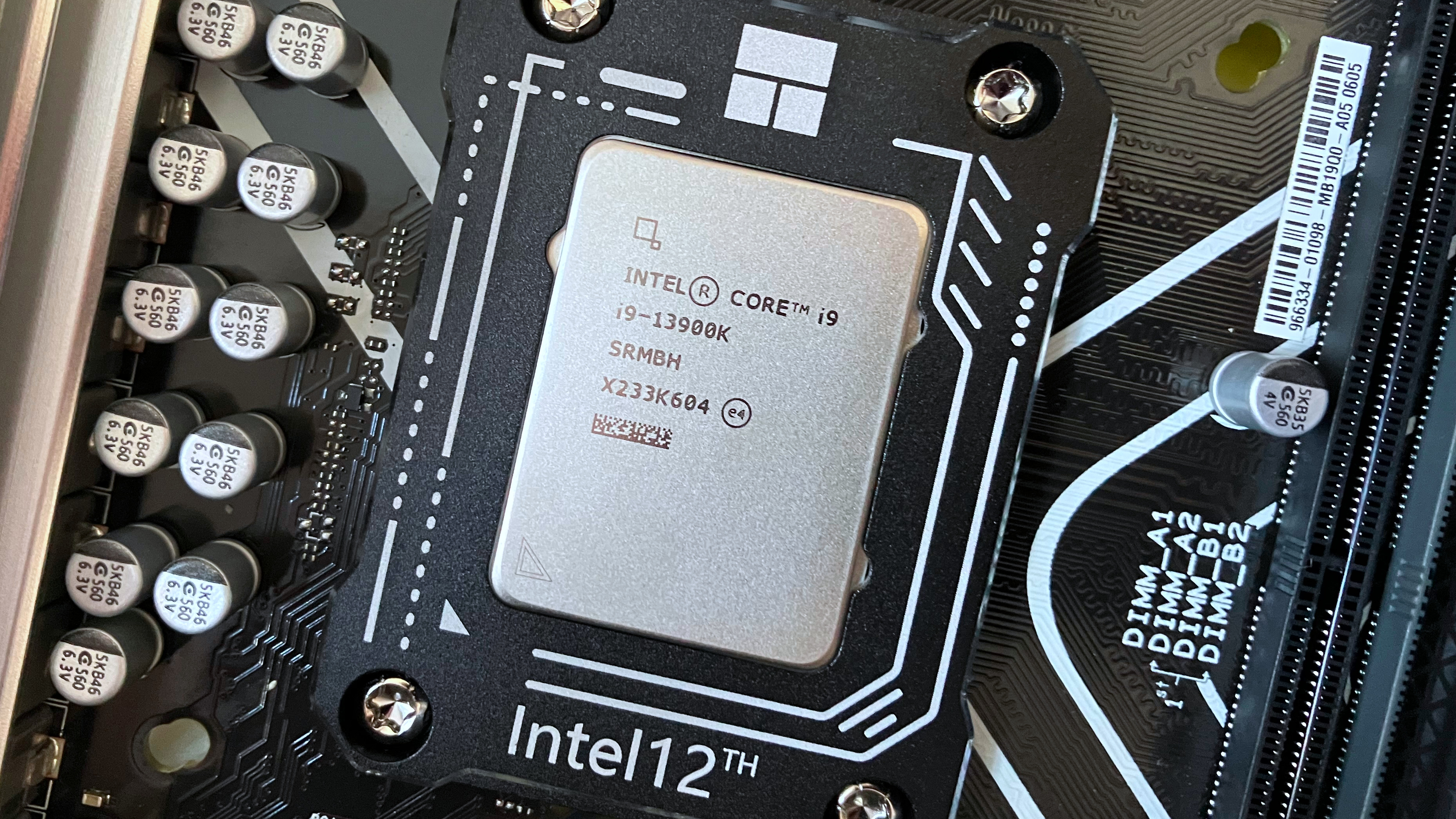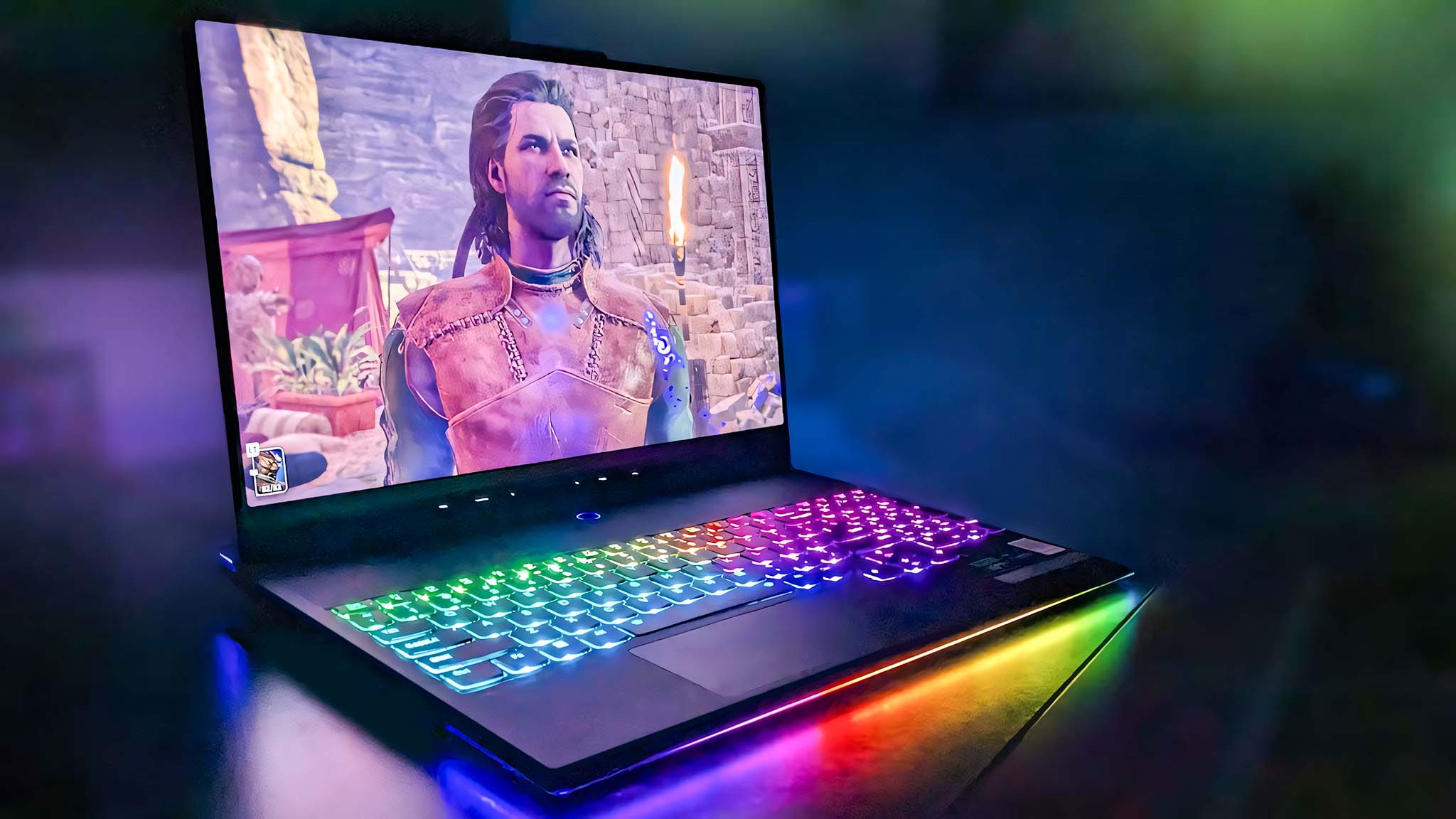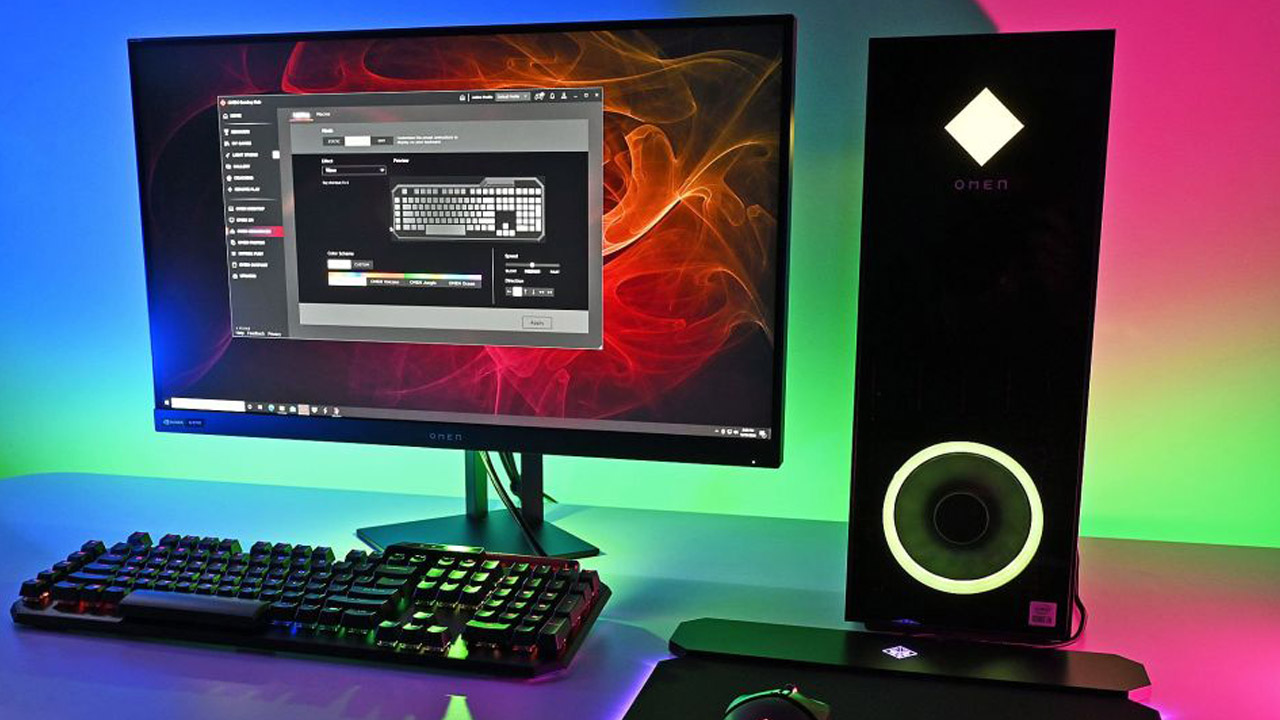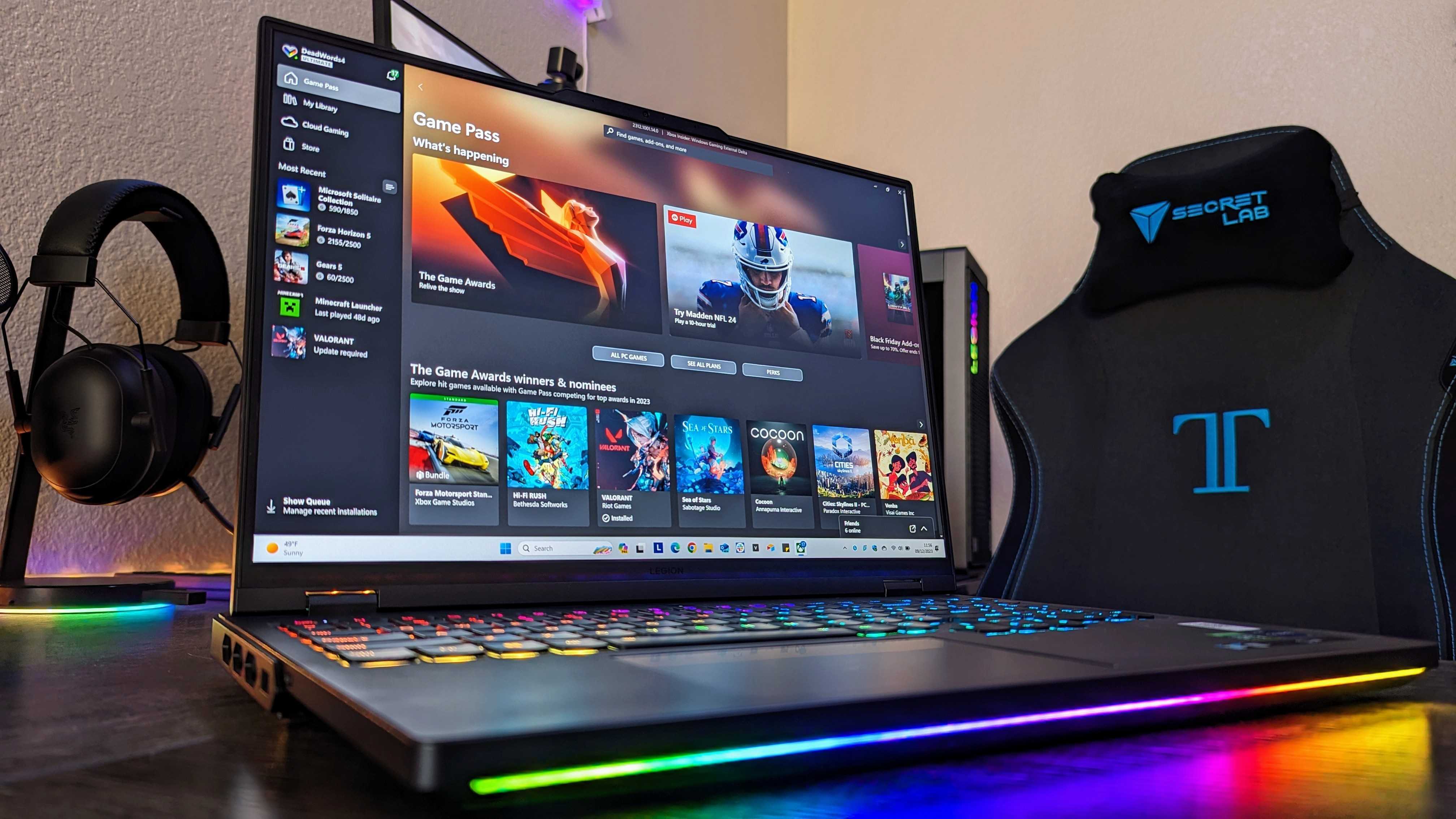
What you need to know
- Intel's 13th and 14th Gen Core i9 CPUs are reportedly causing problems when it comes to PC gaming.
- People are claiming these CPUs are unstable and can cause crashing, especially with games that were created in Unreal Engine.
- These CPUs also reportedly create "out of video memory" errors when a system clearly has plenty of memory.
- This has led to PC gamers in South Korea returning the Intel CPUs and seeking out alternatives like with AMD Ryzen.
- Intel is now looking into the matter.
It seems that PC gamers using both 13th and 14th Gen Intel Core i9 CPUs (both Raptor Lake and Raptor Lake Refresh) have reported stability issues when playing video games (thanks TechRadar). This reportedly, is especially an issue for games that run on Unreal Engine where crashing isn't out of the question. Some players are also getting an error that claims their system is "out of video memory" even though their system has plenty of memory to use.
According to Wccftech, this has led PC gamers in South Korea to return the Intel Core i9 processors and seek out alternatives like AMD Ryzen. Intel is reportedly looking into the matter.
So I was randomly checking out customer reviews of Intel i9-14900K/KF CPUs and wow looks like a lot of people have either received faulty chips, or their chips are degrading at an alarming rate. This is really not good... pic.twitter.com/RJ0hSu3nA9April 6, 2024
What this means for you

There's been a long-standing rivalry between Intel vs AMD vs NVIDIA chip manufacturers, with people mostly acknowledging that Intel tends to be the top dog when it comes to CPUs — it certainly has the widest hold on the market. So, if Intel CPUs are the cause of these video game problems then this is extremely frustrating news. These Core i9 processors are supposed to be some of the most powerful Intel options out there, so this is especially frustrating for anyone wanting a top-of-the-line gaming PC.

• Best AMD CPUs
• Best AMD GPUs
• Best Intel CPUs
• Best NVIDIA GPUs
• Best computer monitors
• Best small gaming PCs
Many people tend to pair Intel Core i9 processors with an NVIDIA RTX 4090 or thereabouts specifically to create top-tier gaming PCs that can handle the latest and most graphically intensive games. But having a powerful PC tell you that it's out of memory when it isn't or simply having it crash on you when running a game it should be able to handle with ease is very annoying. Not to mention, there's the expense side of things. You should be able to rely on a processor you paid top dollar for to run your digital adventures without issue.
As it stands, right now if you're looking to build your own PC or purchase one of the best pre-built gaming PCs or best gaming laptops then you might want to stick to Intel Core i9 alternatives. These issues have not been reported with Intel Core i5 or Core i7 so those might be better choices to go with.

• Best Xbox / PC headsets in 2024
• Best upcoming Xbox / PC games
• Best Xbox controllers
• Best Xbox accessories
• Best small gaming PCs
• Best gaming laptops in 2024
Alternatively, Team Blue's biggest CPU rival, AMD, produces some potent processors that are specifically helpful with gaming. Pair these AMD CPUs with the right GPUs and you'll have yourself a device that can easily tackle the newest games on the market.
Intel really needs to figure out if this is actually an issue with their CPUs or if the root cause is elsewhere. If Intel CPUs are to blame, then the chip manufacturing company will really need to work fast to send out patches and updates to hopefully solve the problem. However, if the problem is more physical, having to do with the base processor design, then Intel will have to offer refunds to buyers or offer some other form of compensation if it wants to maintain its brand image. We at Windows Central will keep an eye on this matter and will report again if we learn more.







